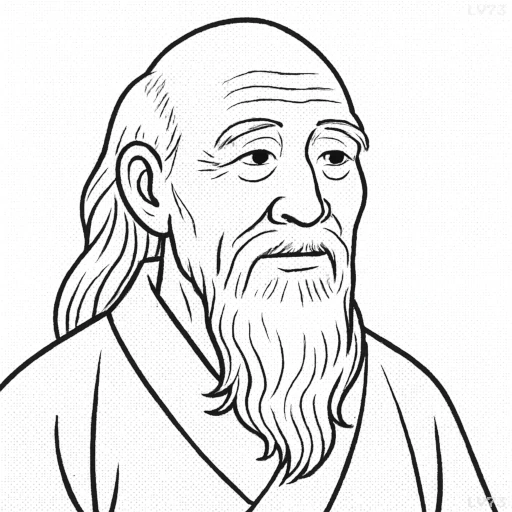“Mastering others is strength. Mastering yourself is true power.”

- 571 BC? – 470 BC?
- Born in China
- Philosopher
table of contents
Quote
“Mastering others is strength. Mastering yourself is true power.”
Explanation
This quote from Laozi contrasts two forms of power: external and internal. Laozi suggests that while controlling or influencing others might demonstrate strength, true power lies in the ability to master oneself. Mastery over others can be achieved through force, authority, or manipulation, but it is fleeting and dependent on external circumstances. In contrast, mastering oneself—through self-discipline, emotional control, and inner wisdom—is a form of enduring strength that is not swayed by external forces. This deeper form of self-mastery allows for greater peace, clarity, and freedom because it is rooted in personal growth and alignment with one’s true nature.
In modern terms, this quote speaks to the concept of emotional intelligence, where true strength is found not in dominating others but in having the self-control and self-awareness to respond to challenges with grace, patience, and wisdom. People who can master their own thoughts, emotions, and actions are more resilient and adaptable, capable of navigating life’s difficulties with greater composure and clarity.
This principle also resonates with the modern focus on personal development. While achieving external success or recognition may feel powerful, the lasting and sustainable strength comes from developing a deep sense of self-awareness and self-regulation. By mastering our own habits, reactions, and mindset, we unlock a form of power that is unshakable and independent of external validation. Laozi’s wisdom reminds us that the path to true empowerment is not about controlling others, but about cultivating a strong, peaceful, and wise relationship with ourselves.
Would you like to share your impressions or related stories about this quote in the comments section?

